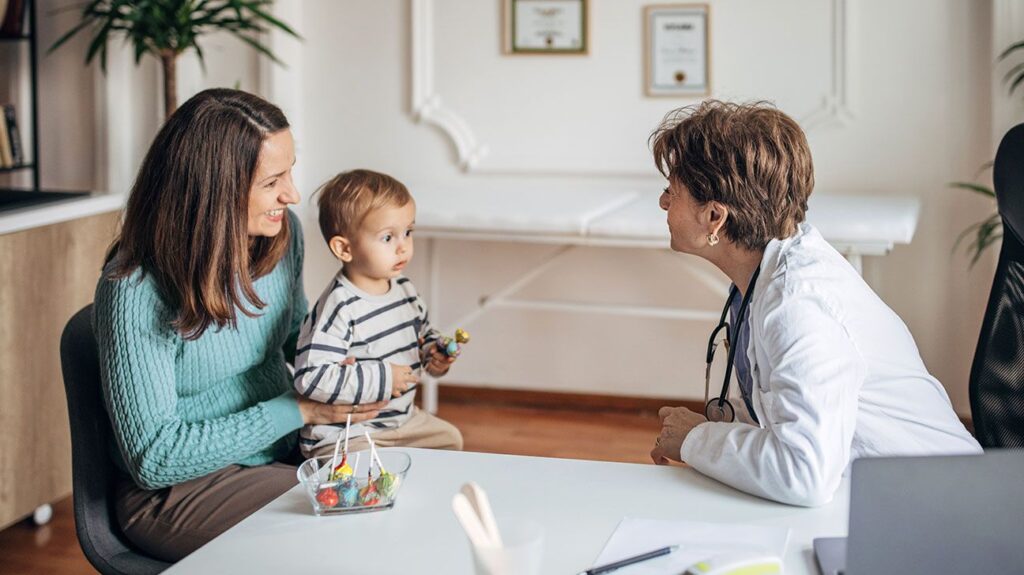The connection between the gut microbiome and overall health is becoming an area of growing interest. Studies have shown that it affects many aspects of the body, from how the immune system works to mental well-being.
A study published in The Journal of Immunology explored how a mother’s gut bacteria might influence the brain development of her child. Researchers from the University of Virginia School of Medicine found that the mother’s gut microbiome could have a stronger effect on autism risk than the child’s own gut bacteria.

This makes us wonder: how does this connection work?
According to the lead researcher, John Lukens, PhD, the microbiome affects brain development in different ways. It also plays a key role in helping the immune system respond to infections, injuries, and stress, especially during early stages of development.
One important part of this process is a molecule called interleukin-17a (IL-17a). This molecule is known to be linked to some immune-related diseases like multiple sclerosis and psoriasis. It also helps the body fight certain infections, especially fungal ones. Most importantly, IL-17a can influence how the brain forms while the baby is still in the womb.

To understand IL-17a’s role better, researchers did experiments using lab mice. They studied two groups of female mice. One group had gut bacteria that increased IL-17a levels, while the other did not. When scientists blocked IL-17a during pregnancy, both groups had offspring with normal brain development.
But when IL-17a was not blocked, the offspring of the first group showed behaviors similar to autism. These included differences in social interactions and repeated actions.
For more clarity, the team did a fecal transplant from the first group to the second, transferring the inflammation-prone microbiome. As expected, the offspring of the second group also developed similar behaviors, showing the impact of the mother’s gut bacteria.
Although this research was done on animals and more studies are needed, it suggests that the mother’s gut health may influence the child’s brain development. Researchers now plan to study exactly which parts of the microbiome are responsible and if these findings apply to humans.

